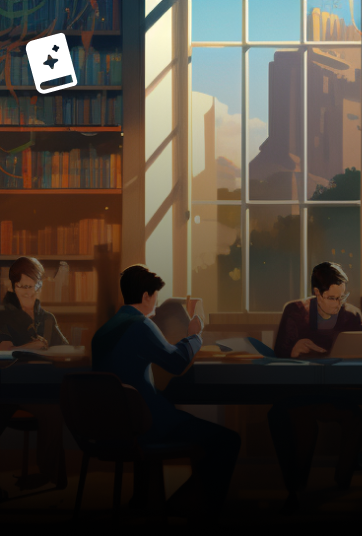

A Betrayal in Winter
Ratings25
Average rating3.9
Daniel Abraham delighted fantasy readers with his brilliant, original, and engaging first novel, A Shadow in Summer. Now he has produced an even more powerful sequel, a tragedy as darkly personal and violent as Shakespeare's Macbeth.
As a boy, Otah Machi was exiled from his family, Machi's ruling house. Decades later, he has witnessed and been part of world-changing events. Yet he has never returned to Machi. Now his father--the Khai, or ruler, of Machi--is dying and his eldest brother Biitrah has been assassinated, Otah realizes that he must return to Machi, for reasons not even he understands.
Tradition dictates that the sons of a dying Khai fall upon each other until only one remains to succeed his father. But something even worse is occurring in Machi. The Galts, an expansive empire, has allied with someone in Machi to bring down the ruling house. Otah is accused, the long-missing brother with an all-too-obvious motive for murder.
With the subtlety and wonderful storytelling skill of his first novel, Abraham has created a masterful drama filled with a unique magic, a suspenseful thriller of sexual betrayal, and Machiavellian politics.
Tags
Series
Featured Series
3 primary booksLong Price Quartet
Long Price Quartet is a 3-book series with 4 primary works first released in 2006 with contributions by Daniel Abraham.
Reviews
Popular Reviews
Reviews with the most likes.
???Constant struggle is the price of power.???
A Betrayal in Winter, the second book in Daniel Abraham???s LONG PRICE QUARTET begins about 15 years after the events of A Shadow in Summer (which you probably should read before beginning A Betrayal Winter or before reading this review).
Maati, the poet of Saraykeht, was disgraced by the disappearance of the andat Seedless and the subsequent downfall of the cotton trade in Saraykeht. He and Liat had a baby boy, but Liat left Maati years ago because he seemed to be going nowhere and didn???t seem wholly committed to his family. Maati hasn???t seen them in years, and he has also not seen his former friend Otah since that fateful night when Seedless disappeared. Maati???s life is dull and somewhat meaningless.... Read More: http://www.fantasyliterature.com/reviews/a-betrayal-in-winter/
Pros: complex characters, world-building with depth, intrigue
Cons: some of the antagonist's plots worked out surprisingly well
The eldest son of the dying Khai Machi is poisoned and all eyes turn to the succession about to take place in Machi. When Otah Machi, the Khai's sixth son, hiding under the false name Itani Noygu, is told by his courier overseer to gather information there he knows returning to the city of his birth is potentially suicidal. He expects his low status and new identity will hide him.
But he is unaware that the Dai-kvo has sent his old friend and student, Maati to the city, to see if it's Otah who has been trying for the position of Khai.
Abraham's forte is in creating characters of true depth. They're real people, with complex emotions faced with difficult choices. After the way the first book ended, I was hesitant reading this book. It starts 14 years after the events of A Shadow in Summer, and there seemed to be too much distance between what just happened and where the characters are at the start of A Betrayal in Winter. But a few chapters in I was so enthralled with the characters, particularly Otah's sister Idaan, who's quite a feminist for the world in which she lives. But realistically so.
And then there are the intrigues. A few times I felt the plots the antagonist implemented to replace the Khai came off a little too easily, if not perfectly. On the whole, the story is quite complex, and I did like how difficult it was for Maati to discover who was behind the assassination of the eldest son.
The world-building continued to be immersive, with everything feeling real, from the netting around the beds to keep the bugs away, to the night candles and the hand gestures and name suffixes.
This is a book that epitomises the phrase, be careful what you wish for. It's also about how the decisions you make change you - for better or worse.
A solid follow-up to the first book. If you like Shadow in Summer, it's worth continuing. The book follows Maati and Otah 15 years or so into the future as they remain chased by the ghosts and events of the past. This novel is even more political/court intrigue focused than the first, so if that's your thing, stick with the series.






















